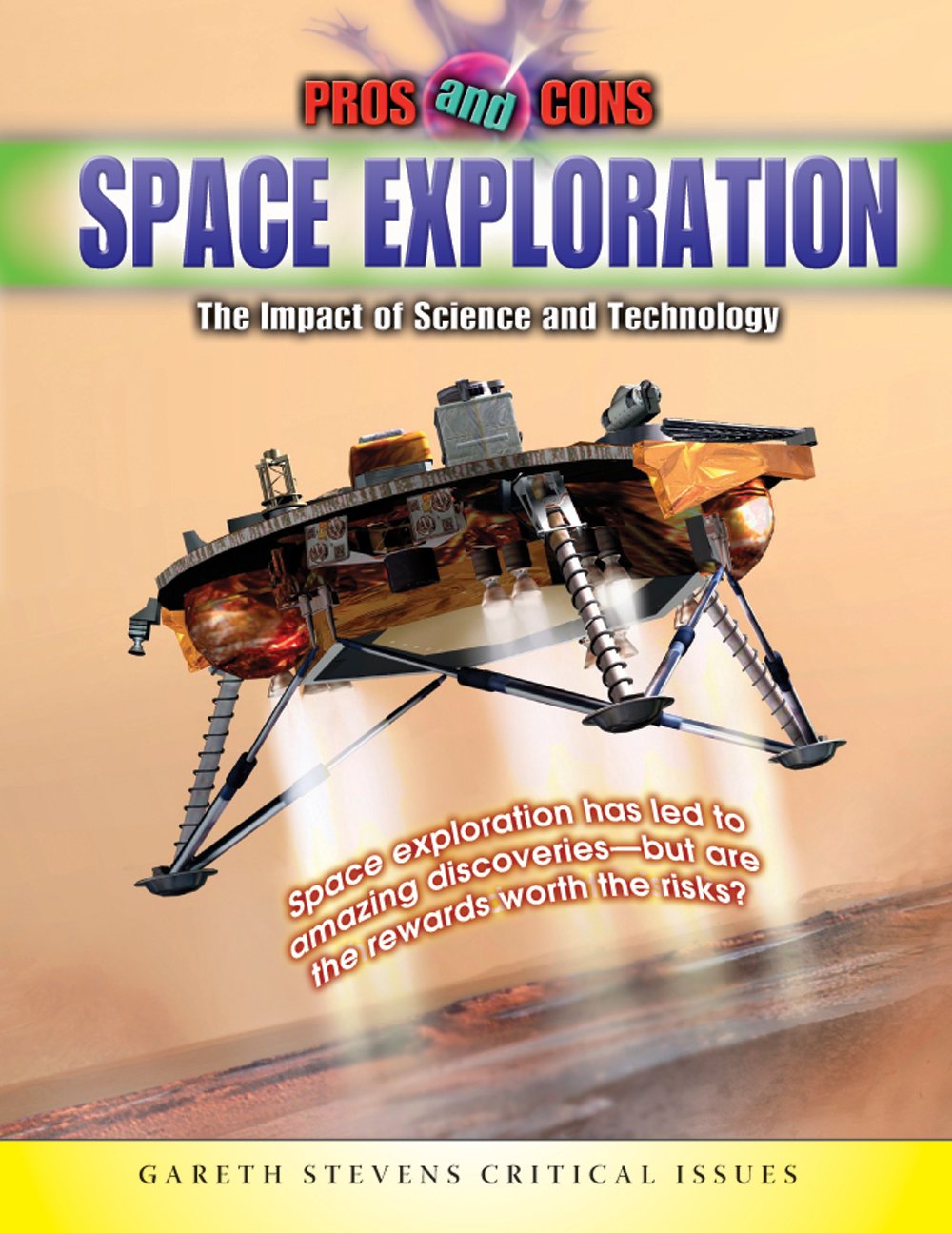Introduction:
Space exploration has been an essential part of human history, as we have always been fascinated by the vast universe around us. The exploration of space has led to some of the most significant technological advancements in history, pushing the boundaries of what we thought was possible. Since the first satellite launch in 1957, space exploration has had a significant impact on science and technology. In this blog post, we will explore some of the most notable impacts of space exploration on science and technology.
Communications:
Space exploration has played a significant role in the development of modern communication technologies. In the 1960s, NASA developed the first communication satellites to support its space missions. These satellites revolutionized communication by providing a way to transmit signals over long distances without relying on cables or wires. The development of communication satellites has led to advancements in modern telecommunications, including satellite TV, GPS, and internet communications.
Materials Science:
Materials science is another field that has benefited greatly from space exploration. Engineers have developed new materials that can withstand the harsh conditions of space, including extreme temperatures, radiation, and vacuum. These materials have practical applications on Earth, such as in the development of better heat-resistant materials for cars and airplanes. Materials science research also led to the development of more durable and lighter materials for the construction of buildings and bridges.
Environmental Monitoring:
Space exploration has enabled scientists to study the Earth’s environment and monitor changes over time. Satellites can provide detailed images of the Earth’s surface and help monitor changes in weather patterns, sea levels, and land use. These observations have helped researchers understand how the Earth’s climate is changing and how we can address global environmental challenges.
Medical Research:
Space exploration has also led to advancements in medical research. Astronauts who spend extended periods in space experience changes in their bodies that are similar to those that occur in aging and disease on Earth. These changes have led to new insights into how the human body functions and how diseases develop. Space research has also led to the development of new medical technologies, such as implantable heart pumps and robotic surgery.
Conclusion:
The impact of space exploration on science and technology cannot be overstated. From the development of new materials to advancements in telecommunications and medical research, space exploration has pushed the boundaries of what we thought was possible. NASA and other space agencies around the world continue to drive innovation and inspire the next generation of scientists and engineers. We can only imagine what new discoveries and technologies will come from future space missions.


